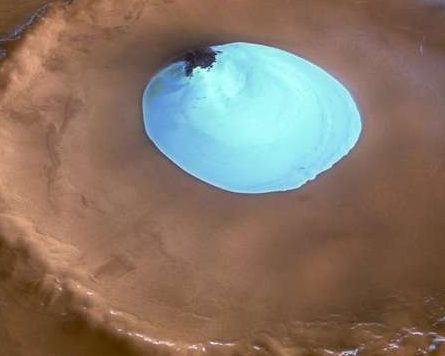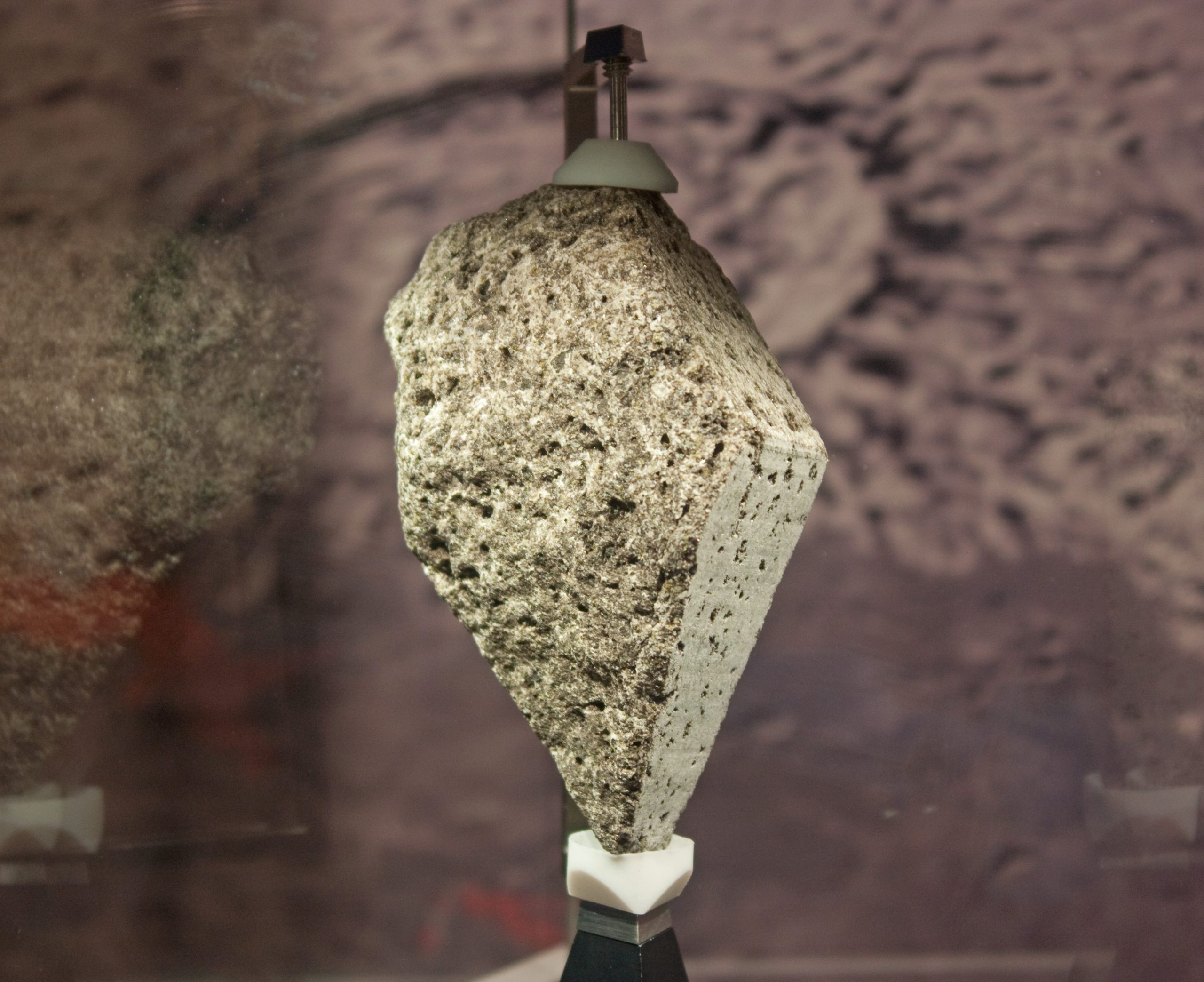Water is the key to life as we know it. On Earth, every living organism—from the simplest bacteria to the most complex mammals—depends on water for survival. This fundamental connection has driven scientists to search for water on other planets, as its presence could be the strongest indicator of extraterrestrial life. But how do we determine where to look? The answer lies in space geology.
By studying the surface features, mineral compositions, and atmospheric conditions of distant planets and moons, planetary geologists can uncover signs of past or present water. This research has led to some astonishing discoveries, suggesting that Earth may not be the only world with this vital resource.
The Role of Space Geology in the Search for Water
Space geology, also known as planetary geology, examines the composition, structure, and history of celestial bodies. Scientists use satellite imagery, robotic explorers, and meteorite analysis to investigate whether conditions for liquid water ever existed beyond Earth. https://gisvalley.com/how-nasa-uses-geology-to-search-for-life-on-mars/

Here are the primary methods they use:
1. Surface Geomorphology 🌍
Certain landforms indicate past or present water activity. Features like river channels, lake beds, and deltas suggest that liquid water once flowed across planetary surfaces. Mars, for example, has vast dried-up river valleys that point to a wetter past.
2. Spectroscopy and Remote Sensing 🔬
Spacecraft equipped with spectrometers analyze reflected light to detect the presence of water molecules in rocks, soil, and ice. The Moon, once believed to be completely dry, was found to have traces of water in its regolith using this technique.
3. Ice Deposits and Polar Caps ❄️
Many planets and moons have ice caps made of frozen water. For example, Mars has significant ice at its poles, and Jupiter’s moon Europa is covered in a thick crust of ice, beneath which lies a global ocean.
4. Hydrated Minerals 🪨
Certain minerals, like clays and salts, form in the presence of water. Finding them on other planets suggests that liquid water was once present, shaping the planet’s geology over time.
Where Has Water Been Found in the Solar System?
Scientists have identified water in many places across the solar system, increasing the likelihood of habitable environments beyond Earth Searching for Water in the Solar System and Beyond – NASA Science.
1. Mars: The Red Planet’s Wet History 🔴
Mars is one of the most studied planets when it comes to water. Evidence suggests that billions of years ago, it had lakes, rivers, and possibly even oceans. NASA’s Curiosity rover has discovered ancient streambeds and sediments, proving that liquid water once shaped the Martian surface. Today, subsurface ice deposits and occasional briny water flows hint that Mars may still harbor water.
2. Europa: The Ocean Beneath the Ice 🌊
Jupiter’s moon Europa is one of the most promising places for extraterrestrial life. Beneath its icy shell, scientists believe a vast ocean exists, kept liquid by the moon’s internal heat. Observations from the Hubble Space Telescope suggest that water plumes occasionally erupt through surface cracks, offering direct evidence of this hidden ocean.
3. Enceladus: Geysers from a Hidden Sea 🌋
Saturn’s moon Enceladus has become a prime target for astrobiology due to its dramatic water-ice geysers. The Cassini spacecraft flew through these plumes, detecting organic molecules and salts—signs that a subsurface ocean interacts with the rocky core, potentially creating conditions suitable for life.
4. Titan: A Unique Hydrocarbon Cycle 🌠
Saturn’s largest moon, Titan, has lakes and rivers—not of water, but of liquid methane and ethane. However, scientists believe that a vast subsurface water ocean could exist beneath its thick atmosphere, making Titan another intriguing candidate in the search for life.
5. The Moon: Water in Unexpected Places 🌙
For years, scientists assumed Earth’s Moon was completely dry. However, recent discoveries have revealed frozen water in permanently shadowed craters at the poles. This water could be a valuable resource for future lunar colonies.
Could Water Mean Life?
While finding water is an exciting milestone, it doesn’t automatically mean that life exists. On Earth, water interacts with carbon-based chemistry to create the complex molecules needed for life. In space, scientists look for three essential ingredients for life:
✔ Liquid Water: The medium for biochemical reactions. ✔ Energy Source: Sunlight, volcanic activity, or chemical reactions that can sustain life. ✔ Organic Compounds: The building blocks of life, such as carbon, hydrogen, and nitrogen.
Many moons and planets have at least one or two of these ingredients, but the real question remains: Has life ever emerged beyond Earth?
Future Missions and the Hunt for Extraterrestrial Water
The search for water is driving some of the most ambitious space missions ever planned.
1. Mars Sample Return Mission 🚀
NASA and the European Space Agency (ESA) are working on a mission to bring Martian soil samples back to Earth for detailed analysis, which could confirm whether past water supported microbial life.
2. Europa Clipper (2024) 🛰️
NASA’s Europa Clipper mission will explore the icy moon Europa, analyzing its subsurface ocean and searching for signs of habitability.
3. Artemis Lunar Missions 🌕
NASA’s Artemis program aims to establish a human presence on the Moon, using its water ice deposits as a resource for future space exploration.
4. Dragonfly Mission to Titan (2027) 🛸
This innovative NASA mission will send a drone-like spacecraft to explore Titan’s complex environment, searching for clues about its potential for life.
Conclusion: What Water Tells Us About Our Place in the Universe
The discovery of water on other planets and moons is reshaping our understanding of the solar system. It suggests that habitable environments may be more common than we once thought, bringing us closer to answering one of humanity’s biggest questions: Are we alone in the universe?
Space geology has proven to be an essential tool in this quest, guiding scientists in the search for extraterrestrial water and, potentially, life itself. As technology advances, the next few decades could bring groundbreaking discoveries that change our perception of life beyond Earth forever.


